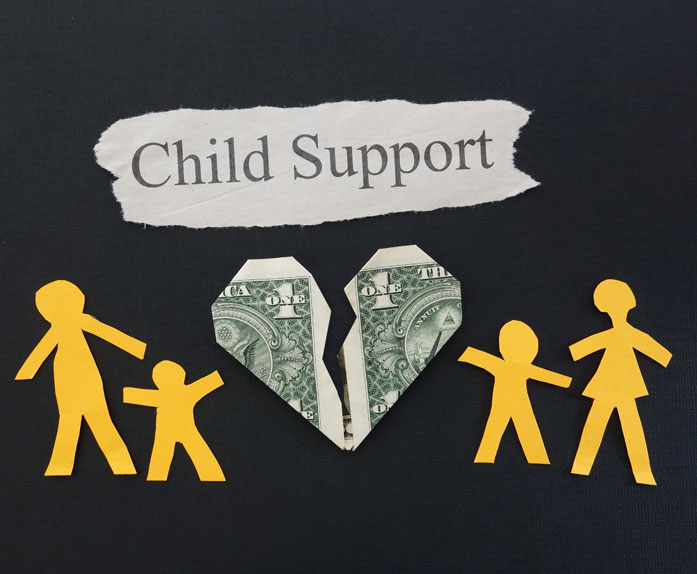Family Law in Ontario: A Comprehensive Overview
This article provides a comprehensive overview of Family Law in Ontario. It outlines the core principles, legal provisions, and court procedures applicable to matrimonial matters, specifically focusing on the topics of divorce, child custody, and support.
Introduction
Family Law, a significant component of the Canadian justice system, plays a pivotal role in addressing familial disputes and safeguarding the rights of family members. Governed by both federal and provincial legislation, Ontario’s Family Law provides a robust framework for various matters, including marriage, divorce, child custody, spousal support, and property division.
Divorce
The federal Divorce Act governs divorce procedures in Ontario. Either spouse can apply for a divorce if they have been separated for at least one year, which is the most common ground for divorce. Other grounds include adultery and mental or physical cruelty. The divorce can be uncontested (both parties agree) or contested (disputes over child custody, support, or property division).
Decision-making Responsibility and Parenting Time
Determining child decision-making responsibility and parenting time is one of the most sensitive aspects of Family Law in Ontario. Under the Children’s Law Reform Act, the courts prioritize the best interests of the child when making decision-making responsibility or parenting time decisions. Factors such as the child’s physical, emotional, and psychological well-being, the parent-child relationship, and the child’s preferences (where appropriate) are considered.
Decision-making responsibility refers to the right to make significant decisions about a child’s care and upbringing, and it can be sole (one parent has the rights) or joint (both parents share the rights). Parenting time, on the other hand, refers to the time the parents or other significant individuals in the child’s life can spend with the child.
Child and Spousal Support
Both the federal Divorce Act and Ontario’s Family Law Act provide for child and spousal support. Child support is a legal obligation, typically imposed on the non-custodial parent, to contribute to a child’s financial needs. The amount of child support is calculated based on the Federal Child Support Guidelines, which consider the payor’s income and the number of children.
Spousal support, aimed at mitigating financial hardship caused by a divorce or separation, is not automatic. The court considers factors such as the length of the marriage, the roles of each party during the marriage, and the financial means and needs of the parties. The Spousal Support Advisory Guidelines can provide an idea of potential amounts and duration of support, although they are not law.
Property Division
Upon divorce or separation, the Family Law Act outlines how property should be divided. Essentially, the value of any kind of property that was acquired during the marriage and still exists at separation must be divided equally between the spouses. There are some exceptions, such as gifts or inheritances received during the marriage.
Conclusion
Family Law in Ontario provides a comprehensive legal framework to address family-related issues and disputes. It is a complex area of law that encompasses a wide range of matters, from divorce to child custody, and from spousal support to property division. Given this complexity, individuals facing family law issues are advised to seek legal representation to understand their rights and obligations and to navigate the legal process effectively.

Frequently Asked Questions: Family Law in Ontario
1. What governs Family Law in Ontario?
2. On what grounds can one apply for a divorce in Ontario?
3. What is the difference between contested and uncontested divorce?
4. How does the court determine child custody and access?
5. What is the difference between child custody and access?
6. How is child support calculated in Ontario?
7. Is spousal support automatically granted in Ontario?
8. How is property divided after divorce or separation in Ontario?
9. Should I hire a lawyer for my family law issue?
Family Law Blogs
Recent Blogs
What Filipinos Need to Know About Divorce in Canada
Marriage is "forever" for most Filipinos. Divorce is not an option. The Philippines is one of only two countries in the world that do not allow...
Five Things You Need To Know About Divorce In Canada
“For most couples, the love that they started with is not gone, but buried under years of anger, misunderstandings and resentment” Joel Osteen...







